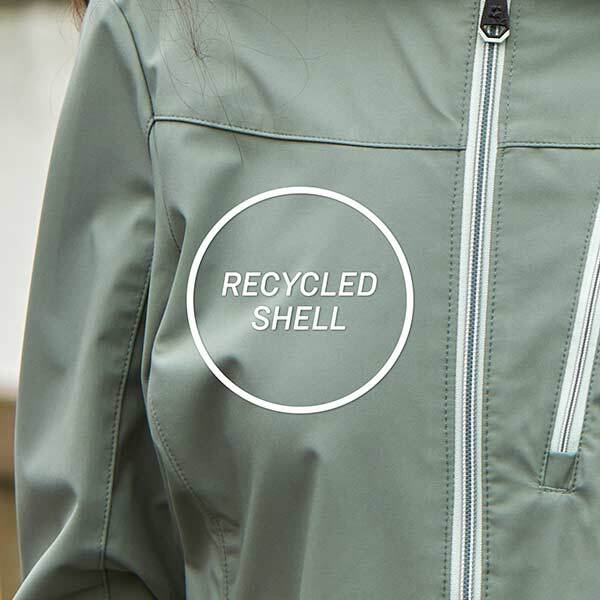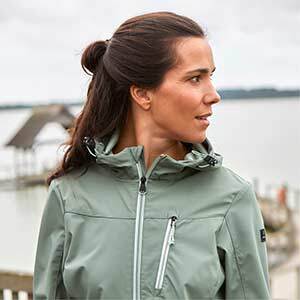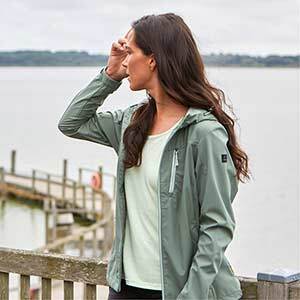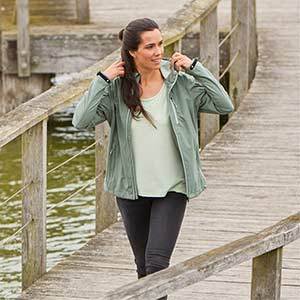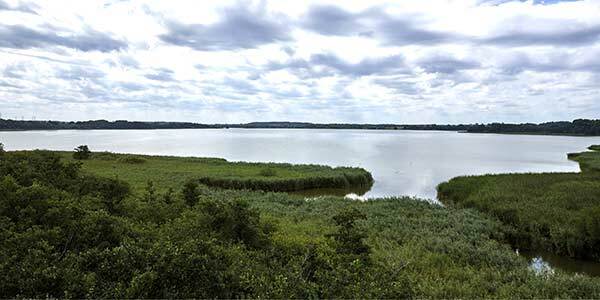GOTS CERTIFICATE
Since 2021 killtec has been GOTS-certified!
The Global Organic Textile Standard (GOTS) is the world’s leading textile processing standard for organic fibres. GOTS certification by independent certification companies covers the entire textile supply chain.
In addition to processing, production, packaging and labelling, the GOTS certification system also takes into account the sale and distribution of all textiles that consist of at least 70 percent certified organic fibres.
Only environmentally friendly chemicals tested by GOTS may be used for processing GOTS-certified goods. A review takes place annually. GOTS takes into account both environmental and social criteria throughout the entire textile production and supply chain.
When it comes to protecting the health, safety and rights of workers in the textile industry, ethical business conduct and responsible business practices play a decisive role for GOTS.

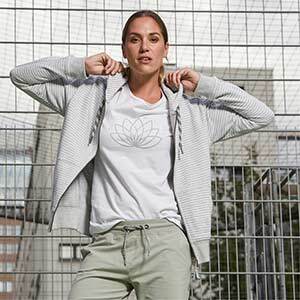



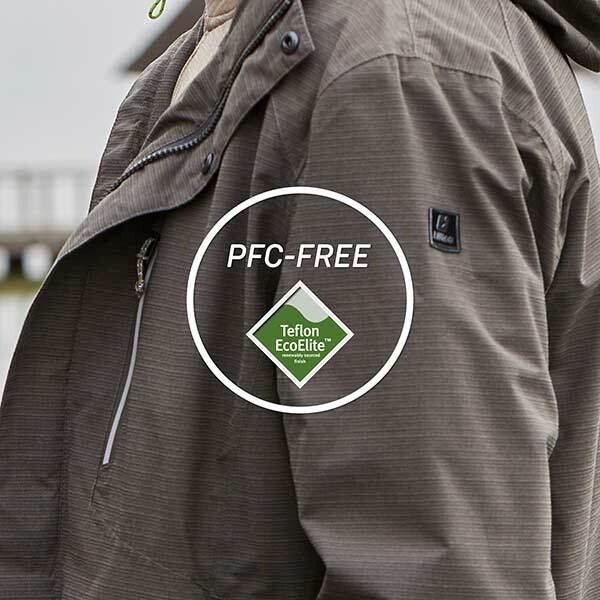

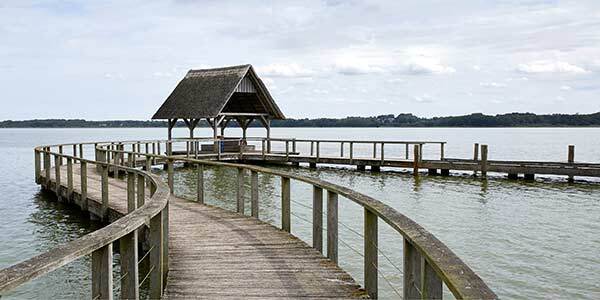

PFC-FREE –
FOR US AND OUR ENVIRONMENT
What are PFCs?
PFC is an abbreviation for per- and poly-fluorinated chemical compounds that do not occur in nature. Due to their special surface-active water-, oil- and dirt-repellent properties, they are used in many consumer products
– hence also in many products of the ski and outdoor industry. PFC is especially present in the impregnations of ski and outdoor clothing.
Why PFC-free?
PFC is hardly degradable, accumulates in the environment and in organisms and is thus classified as not entirely harmless. When washing PFC-impregnated textiles, small amounts of PFC enter the environment, too. Therefore, the ski and outdoor industry, hence also killtec, are working indepth with their suppliers to develop harmless solutions for PFC, to bring products into even better and more sustainable harmony with the environment and nature.
KILLTEC’S EXCELLENT ORGANIC SOLUTION
When it comes to PFC-free products, killtec focuses on the highly effective, regenerative material Teflon EcoElite® from Chemours. This ecological solution has waterrepellent characteristics, which can otherwise only be achieved by fluorinated DWR products.
Thanks to its sustainable features, Teflon EcoElite® was recognised as one of the bio-based products of the year at the Bio-Based World News Innovation Awards 2018.
KILLTEC, A
COLLECTION WITH A FUTURE
CLIMATE-FRIENDLY OUTDOOR CLOTHING
As sport, leisure and outdoor experts, the climate is particularly important to us, especially now that it’s changing and becoming more and more unpredictable. That’s why we constantly strive to make our collections more sustainable and fit for the future.
We’re focusing increasingly on responsible manufacturing processes. Not only does that lead to more and more PFC-free finishing touches, but also to the first collections made from recycled materials.
With the slogan “Support the Planet”, our STYLE collection mostly uses polyester with recycled elements produced from PET bottles. To obtain polyester fibres from PET bottles, the bottles are first cleaned, before being shredded into flakes, melted down, moulded into pellets and then pulled into thin strands.
